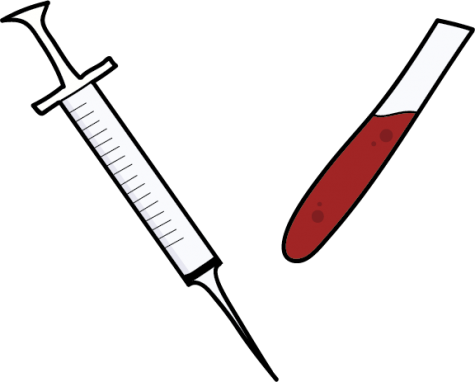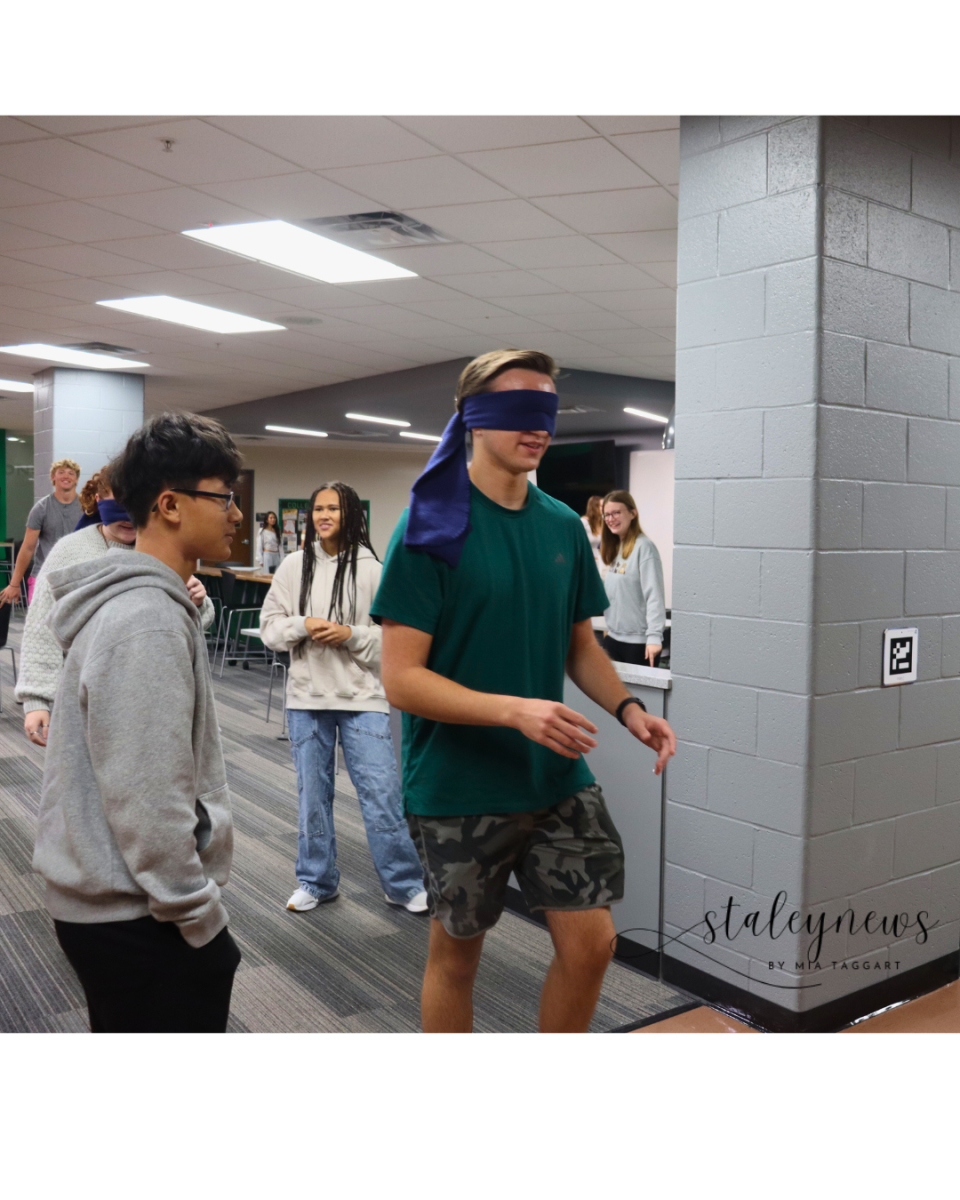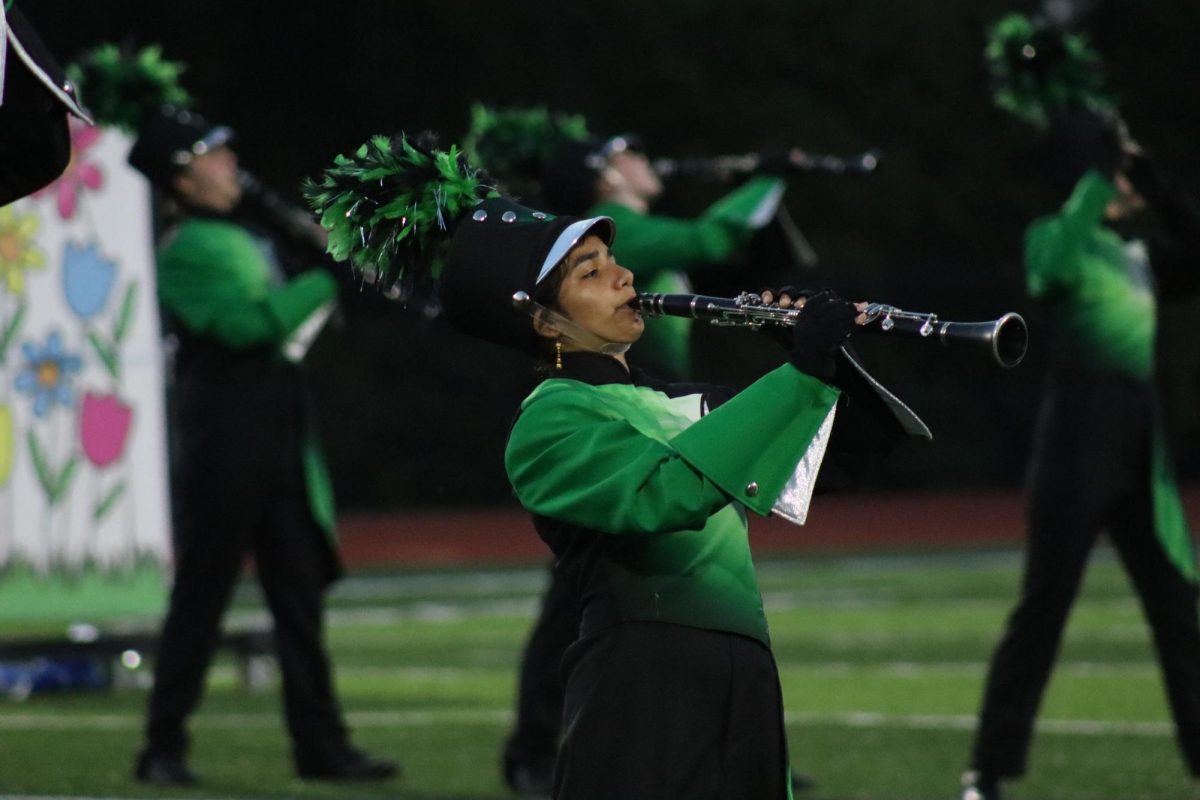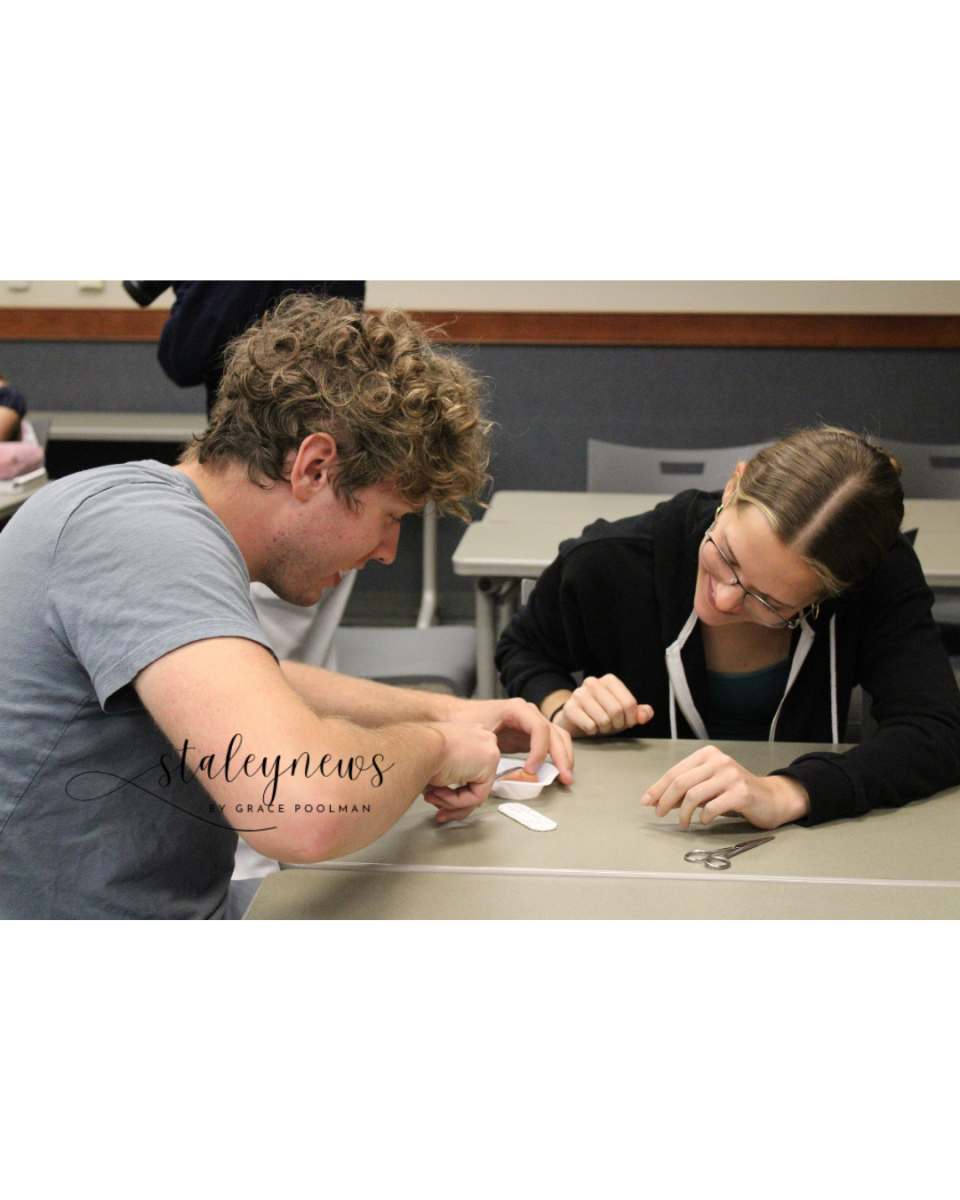To Test Or Not To Test
Local School District Explores Random Drug Testing Option
February 27, 2019
Is random drug testing enough of a deterrent to prevent students from using drugs? The Smithville School District thinks it could be. On July 18, 2018, a presentation at a Smithville Board of Education meeting proposed the idea of allowing random drug testing within the district.
At the meeting, tomo Drug Testing employee John Throckmorton spoke about the testing and how it was introduced into other schools. According to Throckmorton, the number of school districts in Missouri that practice the random drug tests is between 180-200. The tests are to prevent, not punish. Other districts have rules that require parents to sign before the student can be tested.
“I don’t see a problem with random drug testing. I know some schools around here already do it, and I think it’s a great thing for students to practice abstinence,” said junior Brendan Bretz.
Gini Fite, Smithville’s Athletic Trainer, presented to the board Jan. 16, discussing topics like the data collected to push this idea such as surveys, Smithville-specific data, facts about marijuana and more.
As of right now, the committee working on the issue is only looking at implementing the policy at Smithville High School. The drug tests are supposed to deter drug use and give kids an excuse for saying no to drugs in peer pressure situations, said Fite.
Aside from statistics on tobacco and drug use within Smithville Mo., depicting the rise in infractions form the 16-17 school year to the 17-18 school year, the presentation provided the reasoning and logistics behind the random drug tests.
“I do think that it is an invasion of privacy, because what happens outside of school isn’t their business,” said sophomore Alec Shelby.
Drug testing some students is legal. The U.S. Supreme Court, in the case of Board of Education of Independent School District No. 92 of Pottawatomie County v. Earls, gave authority to public schools to test students that are in extracurricular or cocurricular activities or park on campus.
“Students already sign an agreement saying they won’t participate in use of illegal substances, so to me this is just a check for that,” said Fite.
Fite said if testing is implemented students who test positively would not be punished, but the district will be trying to prevent further use. For funding for the testing, Smithville School District is working with outside agencies to pay for the random drug tests.
“Hypothetically, if a student tested positive, education and assistance will be provided. There would be a time amount a student would be held from competition; however, they would still be expected to practice and be involved,” said Fite.
As of now, the school district encourages people who are wanting to help to get involved with the Smithville CIA, support Smithville Tobacco 21, sign up for SSD emails, talk to their children about drug use and go to Community Education Sessions.
As far as the North Kansas City School District goes, Superintendent Dr. Dan Clemens said he does not have plans to enforce random drug testing to student athletes. He said NKC School district would not do something to the kids that they aren’t willing to do to the adults. He suggests that if student athletes were to be tested, the staff should be too.
“Our district policy is reasonable suspicion. If we belive that you might be under the influence of alcohol or something, we could test,” said Clemens.
For Smithville, only time will tell if these policies get put into place.
Types of Testing
General Ways to Detect Drug Usage
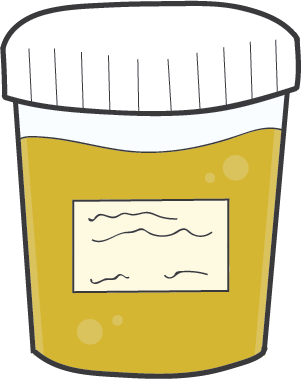
One of the ways someone can be drug tested is by urine test, where the recipient simply urinates into a cup or container of sorts and the physician takes it in for testing.


